What does the Armenian Diaspora think? What are the “components” of Armenian identity in the 21st century? The Armenian Diaspora Survey (ADS) has tried to find answers to these questions.
The survey was carried out by the Armenian Institute in London with financing from Calouste Gulbenkian Foundation.
“We often hear that “the Diaspora thinks this” or “the Diaspora wants that”, but we do not have evidence to support these claims. This survey of Armenian Diaspora presents facts about that the Diaspora really thinks and wants and what it has to achieve,” said Razmik Panossian, Director of Armenian Communities Department at Calouste Gulbenkian Foundation.
The survey was undertaken in 18 cities of four countries in 2019 - Argentina, Canada (Montreal), Lebanon and Romania.
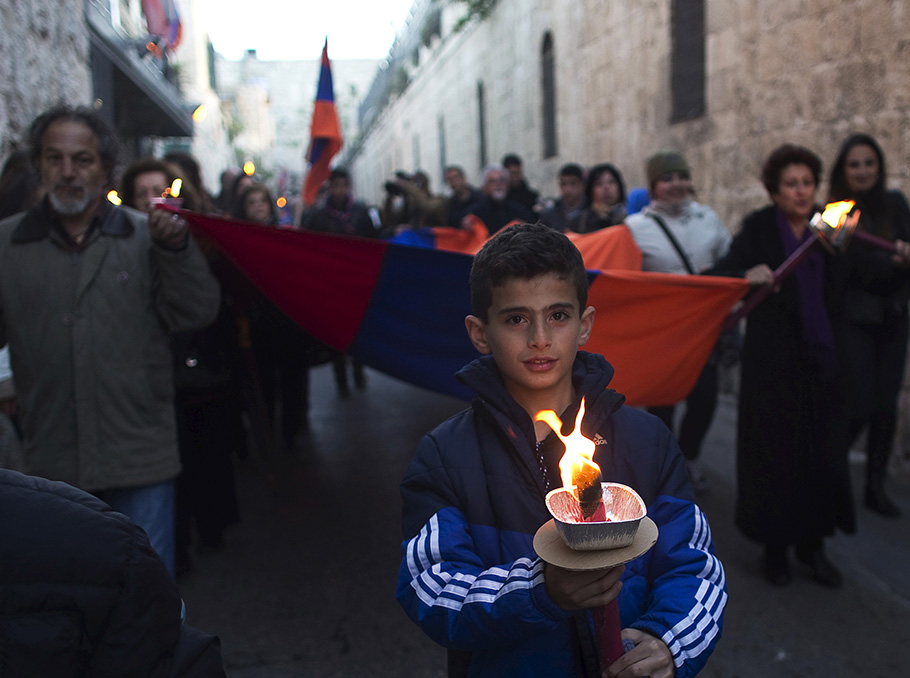
Photo: REUTERS
The 175-page long report presents the opinions about 3,000 Armenians about identity, language and culture, religion, engagement in community life, and relations with Armenia.
“We included all community organizations: political parties, churches, companies, etc. We also invested a lot of time and effort to reach out to people who do not engage actively in community affairs, so we have a wide range of respondents.
ADS formed teams of experts, scientists and community leaders, who are well-aware of local issues, in each place of survey. In addition, we collaborated with a small team of local researches,” said Director of ADS Hratch Tchilingirian.
Answering the question about how they define their Armenian identity, 68% of the respondents said it was through family, 59% through Armenian language and 46% through Armenian culture.
53% of the respondents said they were “fluent” speakers of Armenian, while 15% thought they were at the “intermediate” level and 10% said they had basic knowledge of Armenian language. Interestingly, 78% of Armenians living in Canada and 77% of Lebanese Armenians said they were fluent in Armenian.
As for political positions, 38% of respondents identified as liberal and 17% - as conservative.
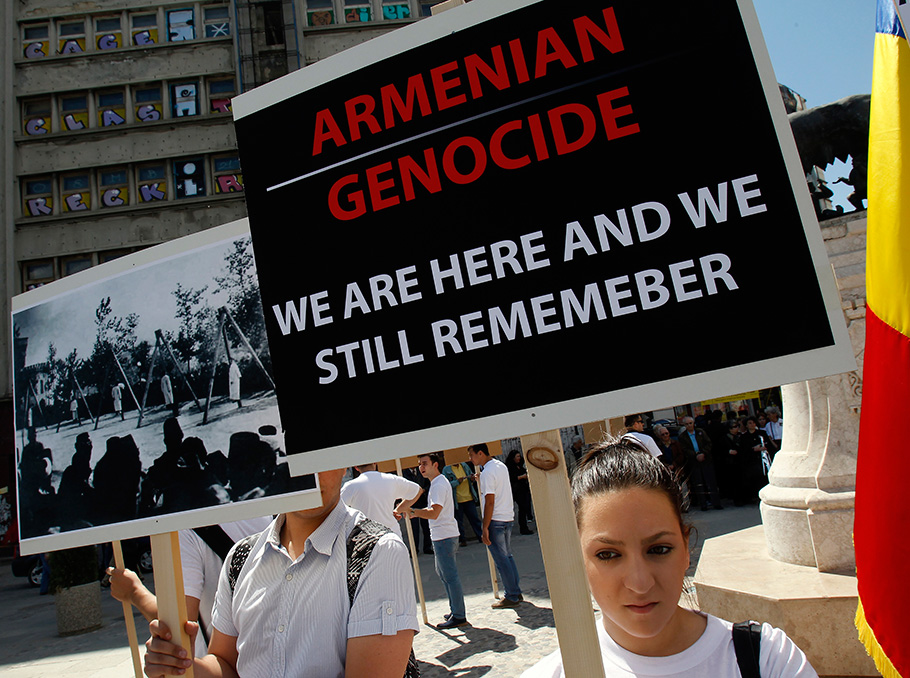
Photo: REUTERS
68% of 3,000 surveyed Armenians said they were Christian, while 13% of respondents identified as atheist or agnostic. Nearly 80% of respondents believe that Christianity is “Very/fairly important” important to Armenian identity today.
42% of respondents consider Armenia their homeland, while 57% consider their homeland the country where they were born, and 30% see as their homeland the country where they live.
The majority of respondents – 61% – visited Armenia or Artsakh at least once and 35% want to visit.
The top concern is lack of visionary leadership in the community (36%), followed by lack of events that interest young people (34%), followed by mixed marriages (29%).
42% of respondents believe their communities need lectures and activities related to Armenian history, language, culture, food and other relevant topics. 35% of respondents highlighted the need for cultural activities, summer camps and scout groups for children, 28% - the need for a professional network, and 28% - for Armenian schools.
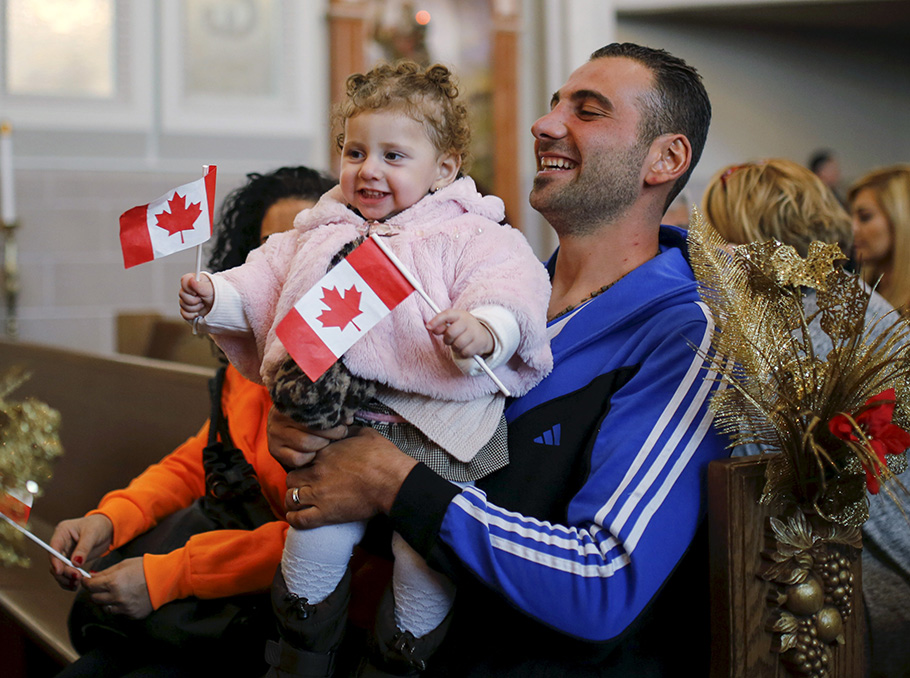
Photo: REUTERS
The majority of respondents - 78% - wants to or has already enlisted their children in day school or after-school classes. 71% expect their children to learn Armenian language there. 59% send their children to Armenian schools for quality general education and 47% - for encouraging the commitment to Armenian identity.
The Diaspora should help the Republic of Armenia develop economy and create jobs – that is the opinion of 62% of respondents. According to the surveyed, Armenia also needs Diaspora’s assistance in education (46%) as well as strengthening of human rights protection and democracy (35%).
Diaspora has expectations of Armenia as well, particularly in terms of providing sufficient information to tourists (47%) and organizing cultural programs (42%) and training programs for teachers (34%).
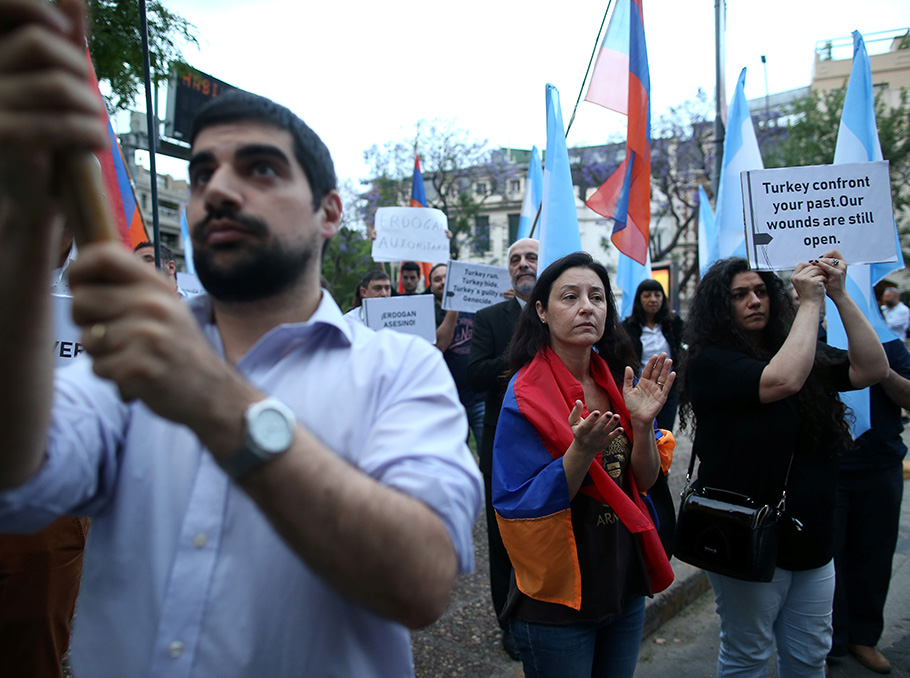
Photo: REUTERS
The questionnaire for the 2019 survey had 50 questions, plus up to 5 questions that were relevant to the given community.
For instance, 58% of the Armenians surveyed in Lebanon in October 2019 said they might leave the country within five years. President of Haigazian University in Beirut Paul Haidostian has noted that the index would have been much higher if the same question was addressed now. However, that is not a purely Armenian issue – many Muslims as well want to emigrate from Lebanon now.
The full report of survey results is available here.
Lusine Gharibyan
















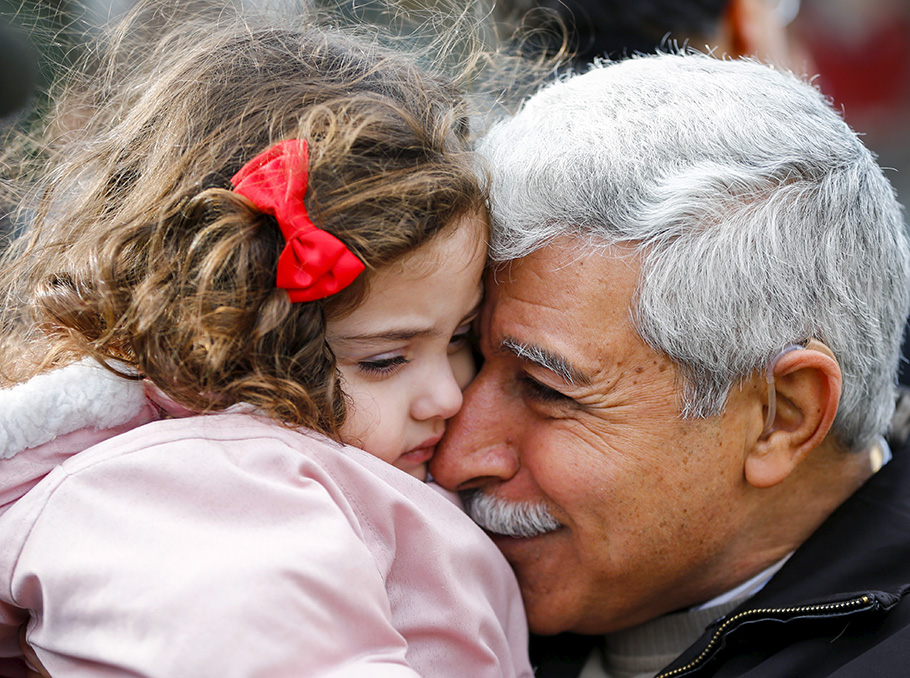

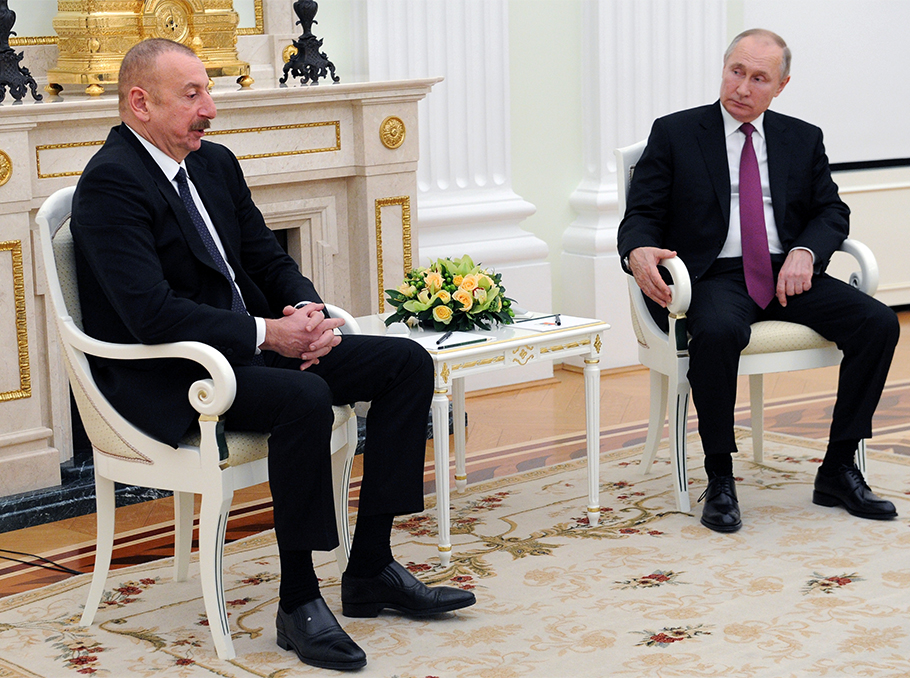
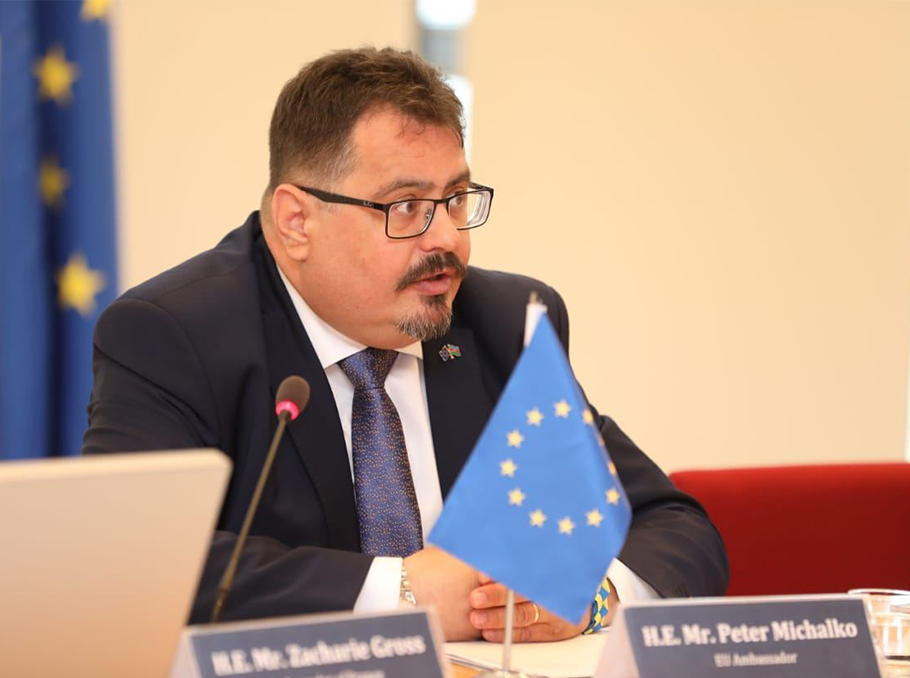
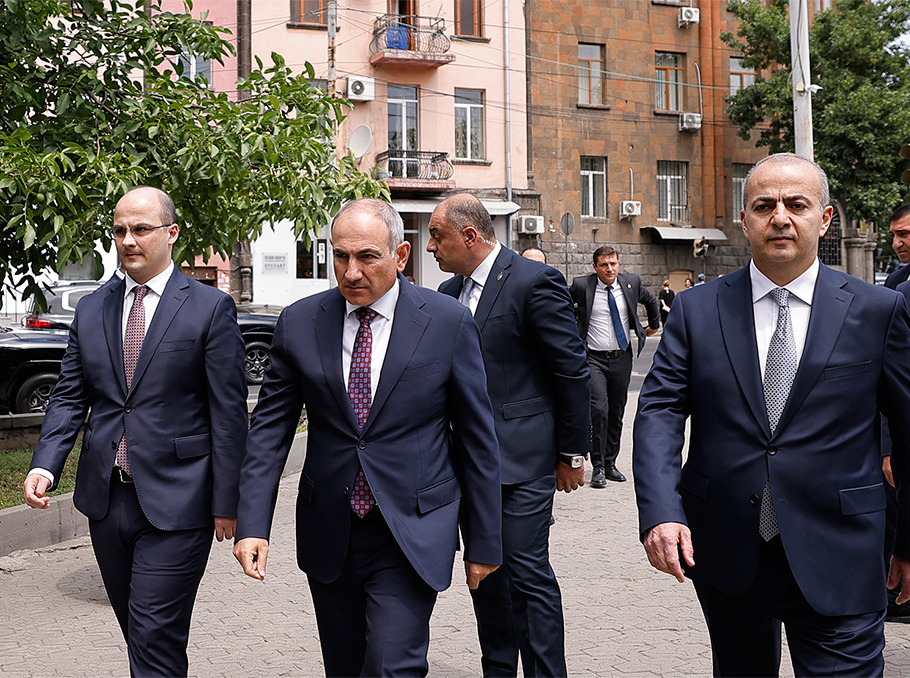







Comments
Dear visitors, You can place your opinion on the material using your Facebook account. Please, be polite and follow our simple rules: you are not allowed to make off - topic comments, place advertisements, use abusive and filthy language. The editorial staff reserves the right to moderate and delete comments in case of breach of the rules.